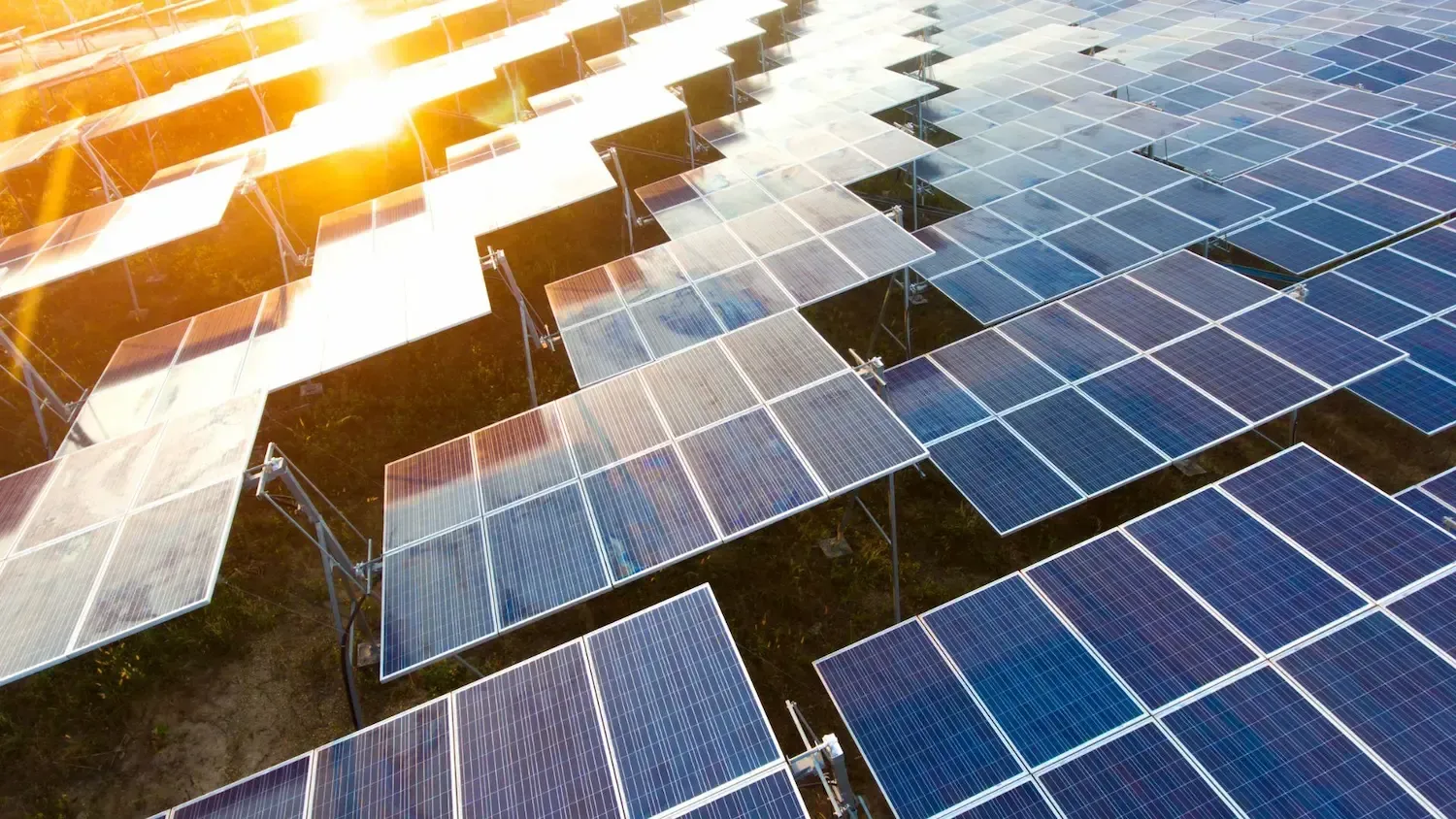Tackling the Mammoth Feat – NZEECS
The latest Energy Efficiency and Conservation Strategy (NZEECS) draft from the Ministry of Business, Innovation and Employment titled “Unlocking our energy productivity and renewable potential” seeks to provide some way forward in tackling the climate change issues ahead of us. With New Zealand recently ratifying the Paris Agreement (well last year) we now, as a country, must come to terms with what that actually means for us. The overarching goal may seem many years off with more than enough time to somehow tackle the mammoth feat of reducing carbon levels to 30% below 2005 levels. However a check point for this task is coming up fast. Five percent below 1990 Greenhouse emissions levels by 2020 is the ‘unconditional” criteria for success. While a portion of this reduction will be dealt with the purchase of carbon credits meaningful change is also necessary to reach these targets.
The NZEECS suggests three main focuses for the next five years through to 2022:
Renewable and efficient use of process heat
Efficient and low emissions transport
Innovative and efficient use of electricity
In fact most of the points are previously covered in the New Zealand Energy Strategy but what caught my eye was the focus on process heat. Process heat is used for numerous purposes and is used considerably in most industries. This steam comes from boilers commonly fuelled by non-renewable resources e.g. coal and hence has large amount of carbon emissions associated with it. This process heat focus is being quantified as decreasing industrial emission intensity by 1% per annum over the next five years (note this excludes the chemical, metal and electricity industries).
So what does this mean for you? Well firstly with the phase out of the ‘one for two’ policy by 2019 the costs associated with the ETS will rise and these costs will be passed on to the consumer through coal prices etc. This, combined with EECA making process heat a priority (which may mean more available funding), now is a great time to make some improvements and take a closer look at how you are using process heat on your site.





